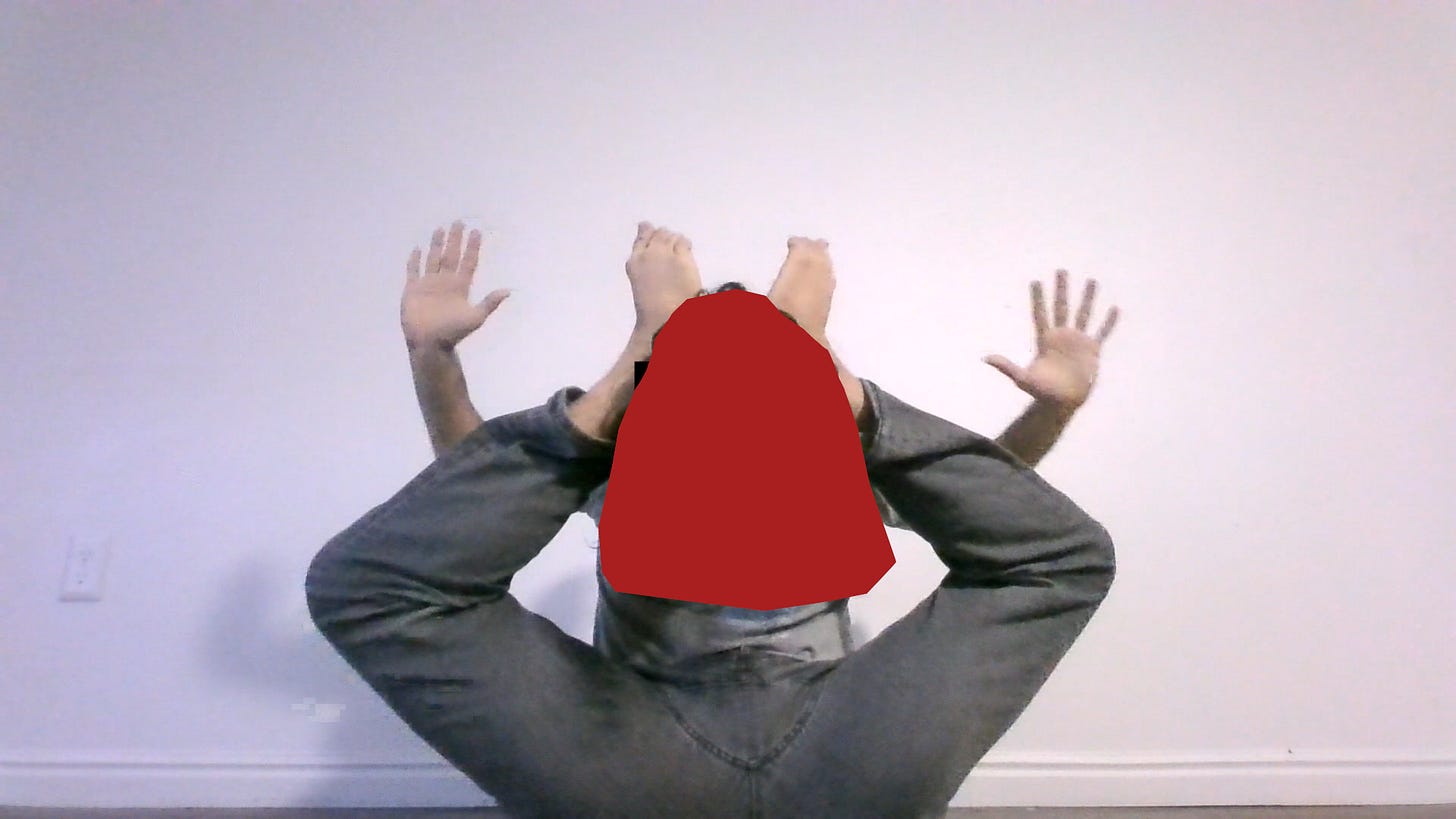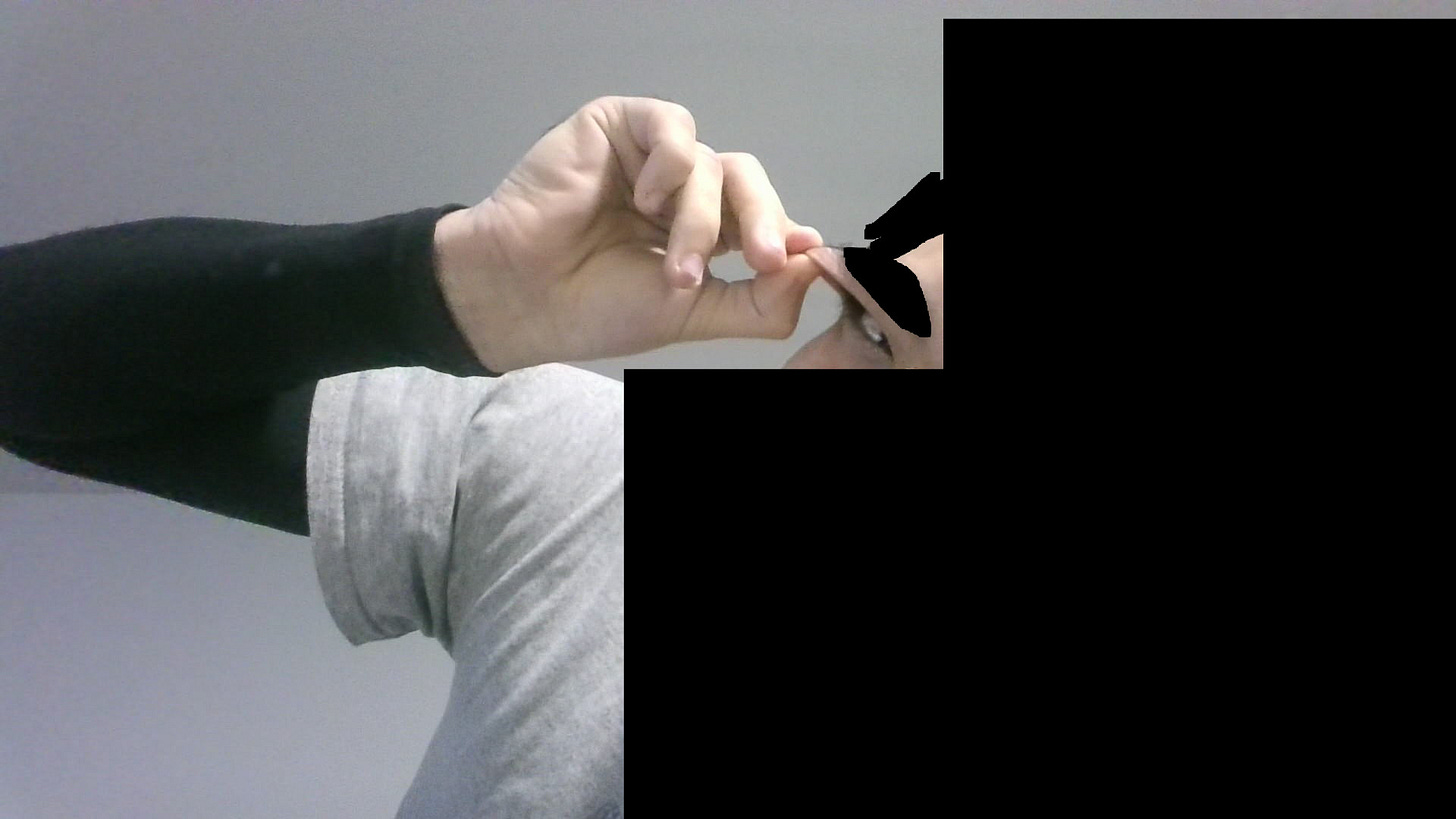I am generally against giving advice, as life is too individually dependent for there to be a universal approach to maximizing winning and minimizing losing. What I can do, however, is detail habits that I do for the purposes of improving my health.
With no further ado:
Stack
Stack: 10,000 IU of D3, 360mcg of K2, 350mg of AC11 (which I take because there’s evidence it may lower biological age), one Blueprint softgel (contains MK4, MK7, K1, zeaxanthin, astaxanthin, lycopene, and lutein), 1-3g of taurine, 3-6g of glycine, 1mg of folate, and 300mg of butyrate. Before bed I take taurine, glycine, melatonin, and magnesium, some of which I think have helped to keep me asleep.
I am also experimenting with the blueprint longevity mix (with ashgwanda now removed), pregnenolone, and one blueprint essential capsule.
I take D3 due to having dark skin and little sun exposure, K2 and folate due to my dietary habits, butyrate to reduce IBS symptoms, and everything else to reduce aging.
I’ve experimented with various things to reduce fatigue levels — thiamine, tyrosine, pregnenolone, and the blueprint stack. Blueprint had a massive effect on my mood, largely for the worse: it raised my energy, but it made me feel lazy and extremely emotionally blunted. I didn’t like it and now only use their olive oil (which tastes really good) and softgels. Now that they’ve removed the ashwagandha from the longevity mix, I’m trying it a second time.
Joint issues
I’ve always had extremely flexible connective tissue — at the age of 20-26 I can still put both feet behind my neck and am more flexible than both of my sisters. This makes for some nice party tricks; unfortunately by the time I was 16 I found it difficult to walk to school for just 15 minutes due to pain in my joints.
Losing weight (170lb to 130-150lb), strength training, not overdoing exercise or walking, and supplementing with collagen all helped — now I can walk with no issues and can even do squats for 10 minutes in a row.
Exercise
I find jogging completely unbearable, but strength training, dancing, walking, and sprinting all feel nice. I exercise at least once every other day; not much more than that, as I get joint injuries very easily.
Oral
Independent of whether fluoride poisoning is a thing, it makes my lips and mouth dry so I tend to avoid it, but once I noticed just a bit of decay on one tooth I switched to using a tiny bit of fluoride toothpaste once a day. I have really nice teeth, and would be sad to lose them or have to get veneers.
I brush 2x a day (fluoride in the morning, biomin at night). I floss every other day and occasionally use a water flosser.
Diet
I do not follow a diet, personally I find following diets extremely difficult and unenjoyable. I do have a staple diet of food which I select based on health, convenience, cost, and taste, which I have narrowed down to fruit juice, bananas, milk, cheese, whole grain pasta, butter, bread, olive oil, chicken noodle soup, salmon, and rice.
I drink asoylent everyday due to the fact that it tastes good, is liquid, low FODMAP, and easy to prepare. I think it is possible that the isoflavones in soy are feminizing agents, fortunately, soylent only has about 9-15mg of these isoflavones, which is a fairly small dose in comparison to other soy products. (soylent has 15g of protein, most of which I assume is the soy protein isolate that is added, which has 0.6mg to 1mg of isoflavones per gram).
Usually, I eat a large breakfast, one lunch about 3-4 hrs later, and then eat little after that, 300 calories at most. I tried eating only 1 large meal a day, but it never stuck, and now I think that is probably unhealthy. I don’t fast; I find it uncomfortable and have no need to lose weight.
I tried restricting omega 6 PUFAs and did not notice anything different, and even gained a few pounds, though it’s worth mentioning that my baseline diet is low in PUFAs anyway.
IBS
I have struggled with IBS ever since I turned 16-18 or so, and gradually got fed up with it, so I tried a lot of different things in the past few weeks: eating more liquid calories, reducing FODMAPs, supplementing with butyrate, and not eating during the evening. Not sure which was the cause, but after doing those 4 things my IBS is almost completely gone.
Sleep
I am too degenerate to follow a consistent sleep schedule and consistently stay awake about 1-2 hours too long. Ever since I was a teenager, I never wanted to fall asleep because I enjoyed staying awake too much. Maybe this is the cope in me talking, but I agree with Guzey that sleeping is overrated and do not try hard to optimize for healthy sleeping.
Philosophy
I see most people drift towards two different philosophies on health — one is conservative, where you avoid bad foods and eat normally, the other is the liberal one, where you are more willing to experiment with unconventional diets or supplements to see what works.
One example of somebody with a conservative approach is Aubrey de Grey, the leading researcher on aging, who reportedly doesn’t take any drugs or supplements:
I don’t personally take anything, but that should not be interpreted as advice to others not to. My way of looking at this is to start from three very basic principles:
1) Nothing simple, which means nothing we have today, can possibly benefit most people dramatically, only very slightly. That’s because both the body and its aging are really complicated, and one can’t dramatically alter the behaviour of a really complex system by simple means, other than if the system already has inbuilt machinery to respond to that simple stimulus. There is one example of such machinery, namely the response to famine, but for obvious evolutionary reasons (basically just that long famines are rarer than short ones) the response to famine in long-lived species like humans is much milder than in short-lived ones.
2) Everyone’s metabolism is different, so the only way to really tell what works for you is to listen to your body, not to trust books.
3) I’ve been tested very thoroughly several times over the past 15 years and I always come out with a very young biological age. Thus, for me the best policy is to be conservative in terms of doing anything new: if it ain’t broke don’t fix it.
Bryan Johnson, on the other hand, is doing basically everything: over 100 different supplements and tons of procedures.
Due to how fatalistic death is, there is no such thing as a risk-free approach to longevity: you either risk dying, or risk being confronted with a black swan that unexpectedly kills you at 60. Currently, I am taking the “sensible centrist” route of experimenting with different things but being reluctant about permanently commiting to anything too avant garde.




Unsolicited opinion: After exercise and diet, sleep and sun exposure are two of the most crucial factors for overall well-being that are within your control. Fixing both can significantly reduce fatigue. Personally, I notice that on days when I wake up well-rested and get morning sunlight, my mood and energy levels are noticeably better.
I’d recommend taking a week off sleep supplements to reset to your baseline. Then, commit to sleepmaxxing for two weeks: take the supplements, stick to a consistent bedtime, avoid screens and food 2 hours before bed, and prioritize quality sleep. After that, you can assess whether it makes a meaningful difference. If not, you can always revert to your current routine.
I've read that bisexuals are more likely to be hypermobile. I'm sorry you struggle with IBS, bro. I have a close friend who has it, and it's absolutely brutal.I appreciate your non-hyper-optimized retard approach to anti-aging, and I'll look into the things you mentioned. 👌🏿